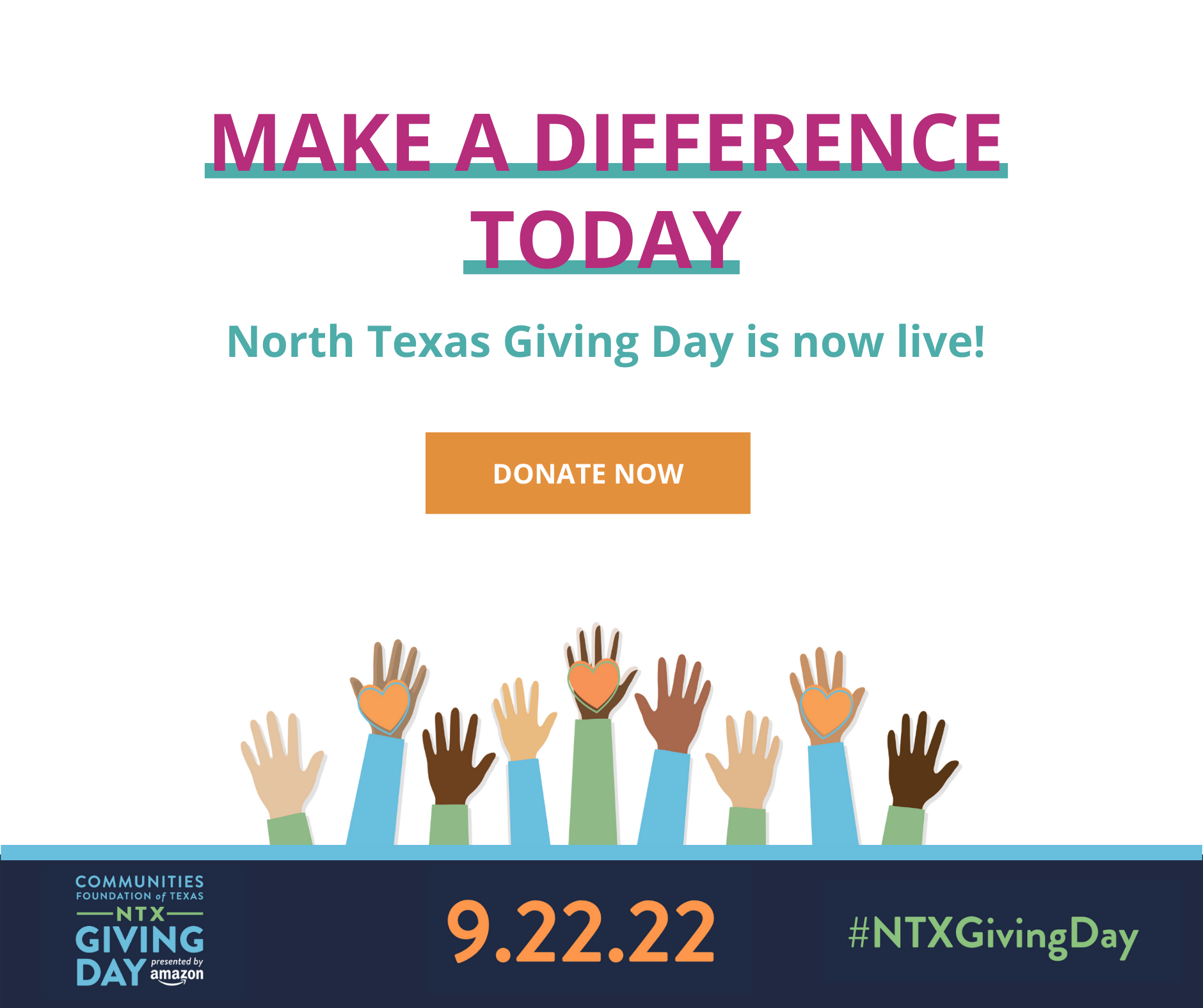Where Science Meets Policy
In light of the urgent and staggering impacts of COVID-19, this month’s Frontline for Children includes a new “Practice” section aimed at parents as they navigate new challenges with their own children.
Child Protection Research
During the COVID-19 pandemic, telehealth can help connect home visiting services to families
“Research shows that child abuse, intimate partner violence, and substance abuse increase during times of crisis, so it is now more important than ever to provide support to families who may face barriers to accessing services.” This resource summarizes research-supported technological outreach strategies for home visiting programs.
TexProtects’ Takeaway – Home visiting programs, Early Childhood Intervention, as well as physical and behavioral health services are quickly expanding their telehealth capacities in light of the challenges of COVID-19. Learnings from the field should ensure high quality adaptations that can better serve families with challenges to access both now and in the future and include cost considerations.
Scaling Evidence-Based Programs in Child Welfare (IBM Center for the Business of Government)
This report illustrates how policymakers might scale a pilot program that has been successful in its early stages, using three different child maltreatment prevention services as examples: home visiting, mental health services, and substance use services.
TexProtects’ Takeaway – As Texas develops a comprehensive and effective plan for implementation of the Family First Prevention Services Act (Family First), it’s critical that evidence from the field is considered. Successful scaling requires active and targeted support from lead agencies and sufficient resources to ensure fidelity to core quality components.
A New Way to Talk about the Social Determinants of Health (Robert Woods Johnson Foundation)
“This guide discusses why we need a better way to talk about the social determinants of health, and best practices to assist in conversation with different audiences around the topic.”
TexProtects’ Takeaway – Our health is influenced by where we live, learn, work, and play so we need to invest not only in where health ends, but where it begins! To do that, it’s essential that we communicate in ways that connect with leaders and voters across the political spectrum. This report has great advice on how to do so!
Preventing and Addressing Intimate Violence when Engaging Dads (PAIVED): Challenges, Successes, and Promising Practices from Responsible Fatherhood Programs
This report addresses how responsible fatherhood programs prevent and address intimate partner violence.
TexProtects’ Takeaway – A father’s role in promoting safety and well-being for children cannot be underestimated; however, there are numerous barriers to effective fatherhood engagement in programs that could offer support. When offering support to fathers who use violence, it’s important to help them understand the impact of violence on their children and to help them process their own trauma. Trauma-informed approaches are critical.
Child Protection Policy
Coronavirus (COVID-19) Information, News, & Resources for Child Welfare Professionals and Others (Child Welfare League of America; CWLA)
This link features tips, sample (state) policies and protocols, and resources that CWLA has collected regarding the outbreak.
TexProtects’ Takeaway – Child Welfare agencies, including our own Texas Department of Family and Protective Services, are having to rapidly respond to the changing environment as a result of COVID-19 while still ensuring child safety. TexProtects is closely monitoring and offering recommendations along the way and will continue to keep you updated on important developments and concerns as they arise.
Child Care is Essential and Needs Emergency Support to Survive (National Association for the Education of Young Children; NAEYC)
This position statement describes NAEYC’s response to COVID-19 and 10 steps for states and districts to support child care during this time.
TexProtects’ Takeaway – The COVID-19 crisis has highlighted how essential and under-resourced our early childhood systems are. Now more than ever, we need to ensure that these centers and staff are supported and protected to ensure their sustainability during this crisis and beyond it.
State Fact Sheets: How States Spend Funds Under the TANF Block Grant (Center on Budget and Policy Priorities)
“In 2018, states spent only about a fifth of the funds on basic assistance to meet essential needs of families with children.”
TexProtects’ Takeaway – In contrast, Texas only spent 6% of their TANF funds on basic assistance. TANF funds provide essential funding for not only basic assistance, but also childcare, child welfare, and Pre-K. However, the TANF block grant has been frozen since its creation and has lost 40% of its value due to inflation.
New Recommendations Released – Historic Opportunity for Reform in Child Welfare: Quality Residential Services (FosterClub)
The National Foster Care Youth & Alumni Policy Council recently released a statement with six priorities, including Quality Residential Treatment Centers (QRTP) and moving towards “a 21st Century Child Welfare System”.
TexProtects’ Takeaway – The Family First Prevention Services Act offers unprecedented opportunities to increase quality in congregate care settings. The voice of youth with lived experience should be a driving force in the process of determining the most impactful improvement to the child welfare system.
Child Protection Practice
Parent/Caregiver Guide to Helping Families Cope with the Coronavirus Disease (National Child Traumatic Stress Network)
“This resource will help parents and caregivers think about how an infectious disease outbreak might affect their family – both physically and emotionally – and what they can do to help their family cope.”
TexProtects’ Takeaway – In addition to physical health and safety, families have a unique challenge in helping themselves and their children deal with the stress of the isolation and anxiety due to COVID-19. Remember to take care of yourself, take a break, and offer yourself and your children more room to breathe and relax than normal. And stay connected! Your presence and calm will be the largest determinant of how they experience this time.
Coronavirus Resources & Tips for Parents, Children & Others (Prevent Child Abuse America)
This webpage offers tips on staying emotionally and socially connected while physically distancing during the COVID-19 crisis.
TexProtects’ Takeaway – Even when we are apart, we can get creative and stay connected to family, friends and neighbors, our culture, and ourselves. Our connections are protective and will be the ties that hold us together during challenges. Find ways to make this time fun when you can. We are in this together.
Resources for Supporting Children’s Emotional Well-being during the COVID-19 Pandemic
“… research on natural disasters makes it clear that, compared to adults, children are more vulnerable to the emotional impact of traumatic events that disrupt their daily lives. This resource offers information on supporting and protecting children’s emotional well-being as this public health crisis unfolds.”
TexProtects’ Takeaway – Reassurance, routines, and regulation can do so much for supporting children’s emotional health. And remember that reactions and behaviors will likely vary depending on the day.
The Coronavirus (COVID-19) Emergency: Information and assistance for young people in and from foster care (FosterClub)
This website provides links to resources, information, and opportunities for young people who experienced or are experiencing foster care to find support during the pandemic.
TexProtects’ Takeaway – Older youth in the foster care system as well as those who have aged out are especially vulnerable during this emergency. Access to information and resources will be critical to help them establish safety plans during this time.





